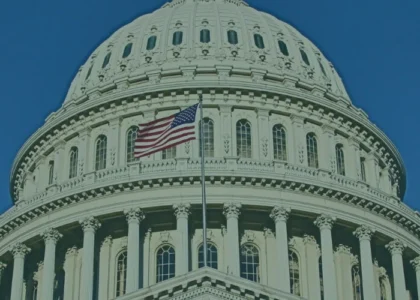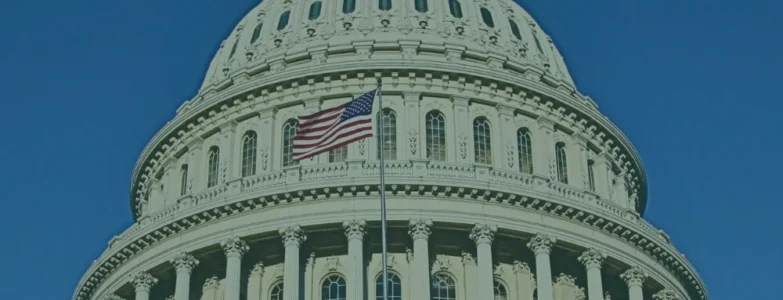FinCEN’s Ultimate Beneficial Owner (UBO) Reporting Rule
The Corporate Transparency Act becomes effective starting January 1, 2024. The new law requires millions of companies to file a Beneficial Ownership Information (BOI) Report. Reporting companies created or registered before January 1, 2024, will have one year (until January 1, 2025) to file their initial reports, while reporting companies created or registered after January 1, 2024, will have 30 days after creation or registration to file their initial reports.
Failure to comply with BOI regulations can result in daily fines of up to $500 and imprisonment.

To address the challenges associated with identifying UBOs, FinCEN issued a final rule in December 2022, known as the UBO Reporting Rule, that will come into force in January 2024. Reporting companies created or registered before January 1, 2024, will have one year (until January 1, 2025) to file their initial reports, while reporting companies created or registered after January 1, 2024, will have 30 days after creation or registration to file their initial reports. Once the initial report has been filed, both existing and new reporting companies will have to file updates within 30 days of a change in their beneficial ownership information. FinCEN is committed to implementing these statutory obligations in a robust manner while minimizing burdens on reporting companies.
The reporting rule is one of three rulemakings planned to implement the CTA. FinCEN will engage in additional rulemakings to: (1) establish rules for who may access beneficial ownership information, for what purposes, and what safeguards will be required to ensure that the information is secured and protected; and (2) revise FinCEN’s customer due diligence rule. In addition, FinCEN continues to develop the infrastructure to administer these requirements, including the information technology system that will be used to store beneficial ownership information in accordance with the strict security and confidentiality requirements of the CTA.
Under the UBO Reporting Rule, covered entities must report specific information about their UBOs, including their full legal name, date of birth, residential address, and unique identification number from an acceptable identification document. Entities must also provide a statement of the nature and extent of the UBO’s ownership or control.
- Covered Entities: The rule applies to certain corporations, limited liability companies (LLCs), and similar legal entities registered or formed under the laws of the United States. These entities are required to report information about their UBOs to FinCEN.
- Ultimate Beneficial Owner (UBO) Definition: The UBO refers to an individual who directly or indirectly owns or controls 25% or more of the ownership interests in a legal entity or exercises significant control over the entity.
- Reporting Information: Covered entities must provide specific information about their UBOs, including their full legal name, date of birth, residential address, and a unique identifying number from an acceptable identification document. Entities must also provide a statement of the nature and extent of the UBO’s ownership or control.
- Reporting Process: Covered entities must submit the UBO information to FinCEN through an electronic filing system still pending to be established. The information should be updated and reported within specified timeframes, including upon initial registration or formation and in the event of any changes in UBO information.
- Confidentiality and Security: FinCEN will implement measures to ensure the confidentiality and secure storage of the UBO information provided by covered entities. However, authorized government agencies, such as law enforcement and regulatory authorities, may access the information for anti-money laundering and counter-terrorism financing purposes.
- Compliance and Penalties: Covered entities failing to comply with the UBO reporting requirements may face civil monetary penalties and potential criminal liability. It is essential for entities to establish effective compliance programs to meet their obligations under the rule.
Please note that this summary provides an overview of the FinCEN UBO reporting rule and may not encompass all details and nuances. For comprehensive guidance tailored to your business’s specific needs or to ensure full compliance with the new regulations, contact our team of experts. We’re here to help you navigate the complexities of the BOI reporting requirements and avoid potential penalties.
The Guillen Pujol CPA #TaxTelegrams Team.











